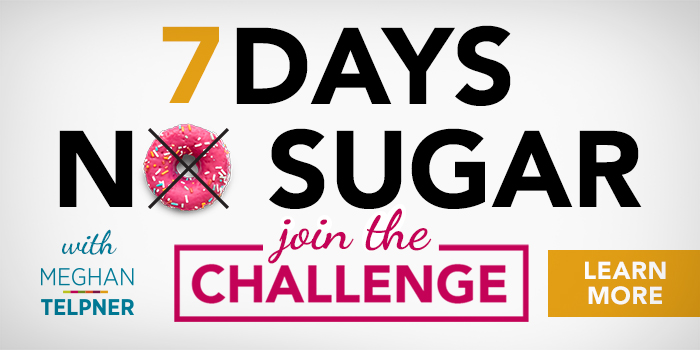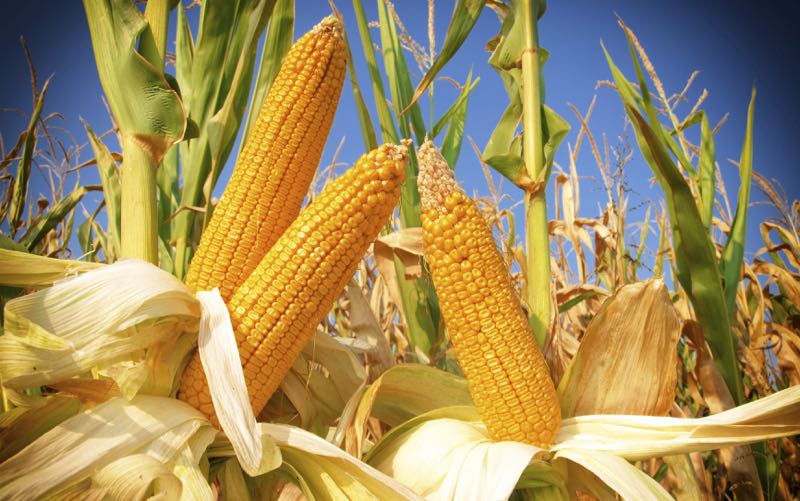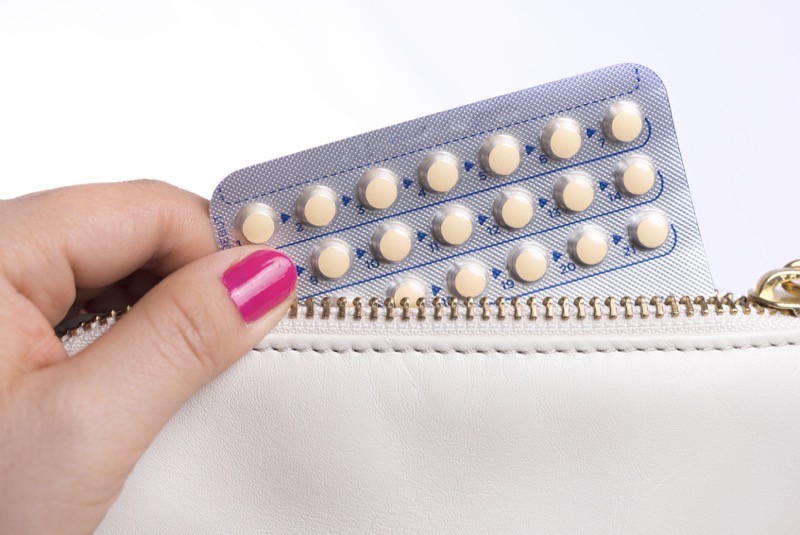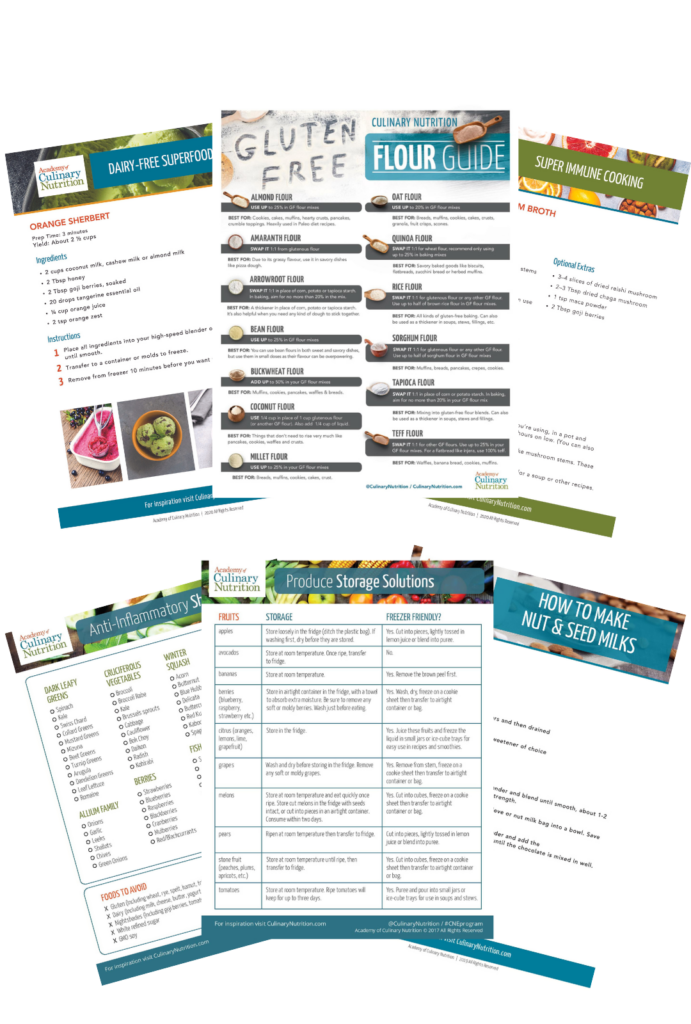Are You Addicted to Sugar?
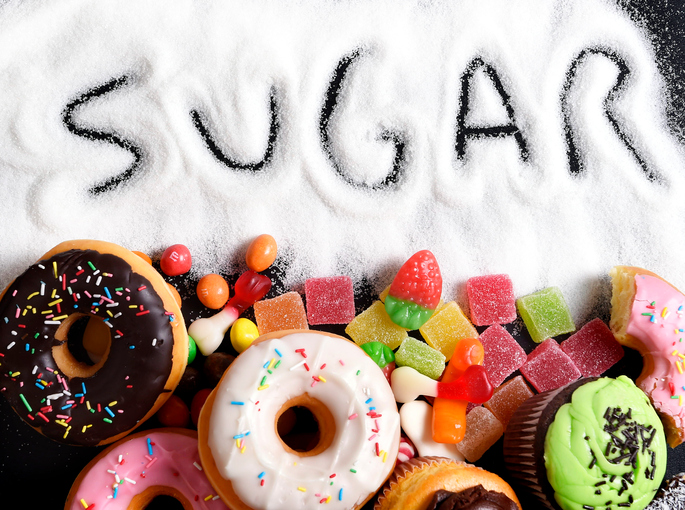
Sugar is a drug. A delicious one, but a drug all the same. We get hooked as children (but really, cake smash parties?) and we stay true to the substance. The only difference as we grow older is that we sometimes add caffeine, booze and other addictive things to the mix. Getting off processed or even natural sweeteners is one sweet challenge. The question lingers: are you addicted to sugar?
Click here to learn more about my No Sugar Challenge.
Over the years, I have done several “no sugar” challenges. The most recent time was for two months during a pre-conception cleanse. What I noticed was rather remarkable. During this period I eliminated all natural sweeteners (honey, maple syrup etc), dried fruit, chocolate, alcohol and even grains (aside from wild rice). The first few days were tough, and then it got amazingly easy. What I found most remarkable was how my taste buds became more sensitive to sugar. Without the addition of concentrated sweeteners, I started to taste sweetness in just about everything.
Consider this for one moment: would it be difficult to eliminate sugar from your diet?
Sugar is in everything, and we are consuming more than we think. The average person now consumes roughly 130 pounds of sugar per year. That’s thousands of pounds in a lifetime.
What Sugar Does In The Body
Before I get into the health effects of sugar, I want to discuss how sugar is digested in the body. This is a very top level summary:
- Since sugars are in a simple form, they are immediately digested and hit the bloodstream quickly.
- Our blood sugar levels rise (that’s the highly addicted ‘buzz’ were hooked on and that make our children go loopy).
- What goes up, must come down – and that means our pancreas pumps out insulin to get that sugar into our cells.
- Once that happens, our blood sugar levels drop dramatically
- Our adrenal glands kick in and secrete adrenaline to pick us back up.
It’s a vicious cycle, one that can leave us sluggish, tired and desperate for another sugar fix.
Health Effects of Sugar
The health impacts of sugar are numerous. The most common side effect is degeneration – or what we might consider degenerative diseases including:
Diabetes
Sugar is implicated in the development of Type 2 diabetes. Our risk increases based on the sugar foods we eat, but let’s not forget drinks too – all those sodas and fruit juices, processed carbohydrate based snack foods, refined grains and the foods made from them also have an impact.
Obesity
Sugar causes weight gain, particularly in the abdominal area.
Cardiovascular Disease
Excess sugar boosts our risk of cardiovascular diseases and mortality. High blood sugar levels, obesity, high blood pressure, high cholesterol – these are all a collection of symptoms under the umbrella of ‘metabolic syndrome’. Sugar is a contributing factor to metabolic syndrome and leaves us at a higher risk of cardiovascular disease and stroke.
You’ve probably heard the dogma about fat and health before – that fats are bad for us and can lead to issues like obesity and heart disease. This information has largely been debunked, thankfully. However, an interesting study about the sugar industry noted that in the 1950s when researched emerged that sugar was harmful, Big Sugar worked very hard to place the blame on fat.
Cavities
We have plenty of bacteria in our mouths and they love to feed on sugar; this leads to cavities. Not surprisingly, this study of dental caries (cavities) in children and adolescents found that the more sugar children eat, the more likely they were to develop cavities. Unfortunately, that cavity risk carries over into our adult lives.
In the 1930s, Dr. Weston A Price, an American dentist, began traveling around the world to determine if there were dietary factors among different populations that affected dental health. He concluded that societies that eat natural, whole foods diets had far better dental health than the sugar-laden, traditional Western diets. You can read more about some of this research here and some of the photos are pretty astounding!
Mood/Brain Behaviour
Aside from the grumpiness and mood swings we have when desperately in need of a fix, sugar has multiple negative effects on the brain. A high sugar diet inhibits our production of brain-derived neurotrophic factor (BDNF), which is a protein that helps us learn and remember. Excess sugar is also linked to mood disorders, poor mental health and depression, especially in men.
And let’s not forget the addictive qualities of sugar. Sugary foods produce a craving/reward response that is similar to other addictive substances. In this study of glucose vs fructose, participants who ate fructose had a greater hunger and desire for food – they even preferred high-calorie junk foods over a cash reward. This is the power sugar has over us.
Hormone/Blood Sugar Imbalance
Eating too much sugar sends our blood sugar out of whack. In the short term, we might feel tired, anxious or moody, experience cravings, or have trouble concentrating or sleeping. In the long term, we may become resistant to insulin or have an imbalance of other hormones secreted from the adrenal glands, like cortisol or our sex hormones.
Sugar is associated with higher estrogen levels and can impact thyroid conditions and PCOS as well.
Cancer
Sugar can increase your risk of certain cancers. Cancer cells have an increased concentration of insulin receptors. The more sugar we consume, the greater the release of insulin into the blood stream means more fuel for cancer cells.
Nutrient Depletion
When we consume sugar, our body needs to use resources to break it down but we don’t receive anything in return, leaving us with a deficit. This is why we can be simultaneously overweight and overfed, but malnourished.
The Gut Microbiome
Our digestive tracts are home to hundreds of different types of bacteria. High sugar diets can throw off the microbial balance in the gut, which can lead to digestive issues, impaired immunity and altered brain function.
Click here to learn more about my No Sugar Challenge.
How Do You Know if You’re Addicted To Sugar?
Do you answer yes to any of the following:
- Once the craving hits, can you not stop thinking about the food and the next time you’ll eat it?
- Will you then eat it, knowing there may be icky consequences?
- Does your willpower melt like that pint of ice cream?
- Does not giving into your craving result in a physical discomfort – cramping, stomach pains, swollen joints, migraine headaches or skin outbreaks?
What About Artificial Sweeteners?
During the low-fat decades, artificial sweeteners like sucralose and aspartame were kings. People felt like they could have their cake and eat it too, since these sweeteners don’t have very many calories. However, their safety is questionable, despite the fact that they are approved by governments.
Artificial sweeteners are associated with a host of risks, including tumours, digestive issues (including altering the microbiome), diabetes, obesity, neurological symptoms, and many many more. You can read an extensive list of scientific abstracts about artificial sweeteners, and read more about my thoughts on them here.
Other common brand names for artificial sweeteners are:
- Nutrasweet
- Equal
- Neotame
- Sweet ‘N Low
- Sweet Twin
- Sugar Twin
- Splenda
Unexpected Sources of Sugar
If we choose to eat candy or cake, we know we’re eating sugar. Unfortunately, added sugars are an increasing problem and they are sneaky.
On average, Americans have 22 teaspoons of added sugar daily. That’s almost half a cup of added sugar on top of whatever other sugar they may be eating. In Europe, added sugars account for 15-21% of calories in adults and 16-26% in kids.
You can find added sugars in:
- Breakfast cereal
- Granola bars
- Condiments (salad dressing, pickles, dips/spreads, etc.)
- Tomato sauce
- Bread
- Juice
- Dairy products
- Sports drinks and energy drinks
- Crackers
- Chips
- Pasta
Added sugars are also in cookies, cakes, pies and other baked goods. Essentially, sugar is in everything!
Other Names for Sugar
Sugar goes by many different names, but here are some of the common ones you’ll see in products:
- Glucose
- Fructose
- Sucrose
- High-fructose corn syrup
- Dextrose
- Maltose
- Lactose
- Maltodextrin
- Cane sugar
- Brown sugar
- Caramel
- Corn syrup
- Turbinado sugar
- Fruit juice concentrate
- Invert sugar
- Corn sweetener
Breaking Your Sugar Habit
An important key to breaking our addiction to sugar is following a whole foods diet that is minimally processed. This is a great first start. Additional ways to curb the cravings before they start include:
- Ensure you eat enough protein. This macronutrient is important for hormone production, enzymes, healing and repair, and it supports our immune systems. Most of us aren’t getting enough of it, especially first thing in the morning. Protein will help you feel full and satiated.
- Ensure you eat enough fat. Fat is incredibly important for our brains, hormones, nervous systems, skin, hair and joints. Now that we don’t have to be afraid of it any more, add fat to your meals. Fat is an energy dense source of nutrients and like protein, it will help you feel fuller for longer.
- Ensure you eat enough fibre. Fibre takes longer to break down, plus it’s good for the digestive tract. That means you’ll have fantastic poops!
Dealing with Sugar Cravings
- Stay well hydrated and well rested. We often will crave sugar when we’re feeling thirsty or tired.
- Eat naturally sweet foods like berries, apples, grapes, sweet potato and bell peppers to get your sweet fix.
- Use spices like cinnamon, nutmeg and ginger to enhance the flavor of your food and also balance blood sugar levels.
- Aim to use sweeteners in their whole form in your recipes like dates, bananas and applesauce. Remember, the sugar in fruits is still sugar, but it is not depleted of nutrients. It doesn’t have the same effect on blood sugar levels since the fibre in the fruit slows down the release of sugar into your blood. The key is moderation!
- Have your morning coffee or tea straight up. If you can’t handle them in their au naturelle state, perhaps it’s time to cultivate a new morning ritual.
- Avoid refined, white foods like white bread, pasta and rice, which have been stripped off all fibre and nutrients, and therefore lead to a quick spike in blood sugar levels.
If you have any more tips, please share in the comments!
Natural Sweetener Options
It can be easy to be persuaded into the realm of natural foods and believe that because a sweetener is less processed, then it’s okay. Let’s say it’s more okay, but ultimately, we want to be consuming less sugar overall, no matter the source.
Here are some natural sweetener options that you might enjoy in very limited amounts as you transition off processed sugars:
- Raw Honey: This superfood is packed with enzymes, amino acids and antoxidants. It’s also great for your natural first aid kit!
- Maple Syrup: A Canadian staple, maple syrup is rich in antioxidants and minerals like zinc, calcium and manganese.
- Coconut Sugar/Syrup: These are tapped from the coconut palm tree and are low on the glycemic index.
- Stevia: This plant is actually much, much sweeter than sugar, so you only need to use a small amount of it.
- Molasses: Molasses is a by-product of refining cane sugar, but unlike processed sugar, it is full of nutrients such as iron, magnesium and potassium.
- Applesauce: The pectin in apples helps with binding in gluten-free baking, plus they are rich in antioxidants and fibre.
- Dates/Dried Fruit: Make date paste by soaking dates in water and then blending them up. You can do this with a variety of dried fruits and change the consistency of the paste to be how you like it.
- Bananas: Mashed bananas are fantastic in baked goods and add extra fibre and potassium.
Life Without Sugar Can Be Very Sweet
What’s most incredible in attempting to live a life without concentrated sweeteners is how much sweeter life gets. This is true! Every time I’ve eliminated sweeteners, the effects last and last. I mentioned earlier that I had eliminated all sweetener during my preconception detox, and I didn’t actually add any back in. It was a while and a very slow process of introducing honey and maple syrup back into my life, but even then, it was in substantially smaller amounts than before.
Then, a few years ago, I decided to eliminate all sweeteners entirely. And I haven’t looked back! You can read about that experience in detail here. That process all started with my decision to cut out all sweeteners for a week – and then I just kept going and going.
Overall, when we get off the sugar rollercoaster and break that habit, we often find our mood more stable, our energy better, our sleep is improved, our digestion and pooping is more regular and we eat when we are actually hungry, as opposed to just tired or thirsty.
Would you try it? Can you break your addiction to sugar?
Click here to learn more about my No Sugar Challenge.
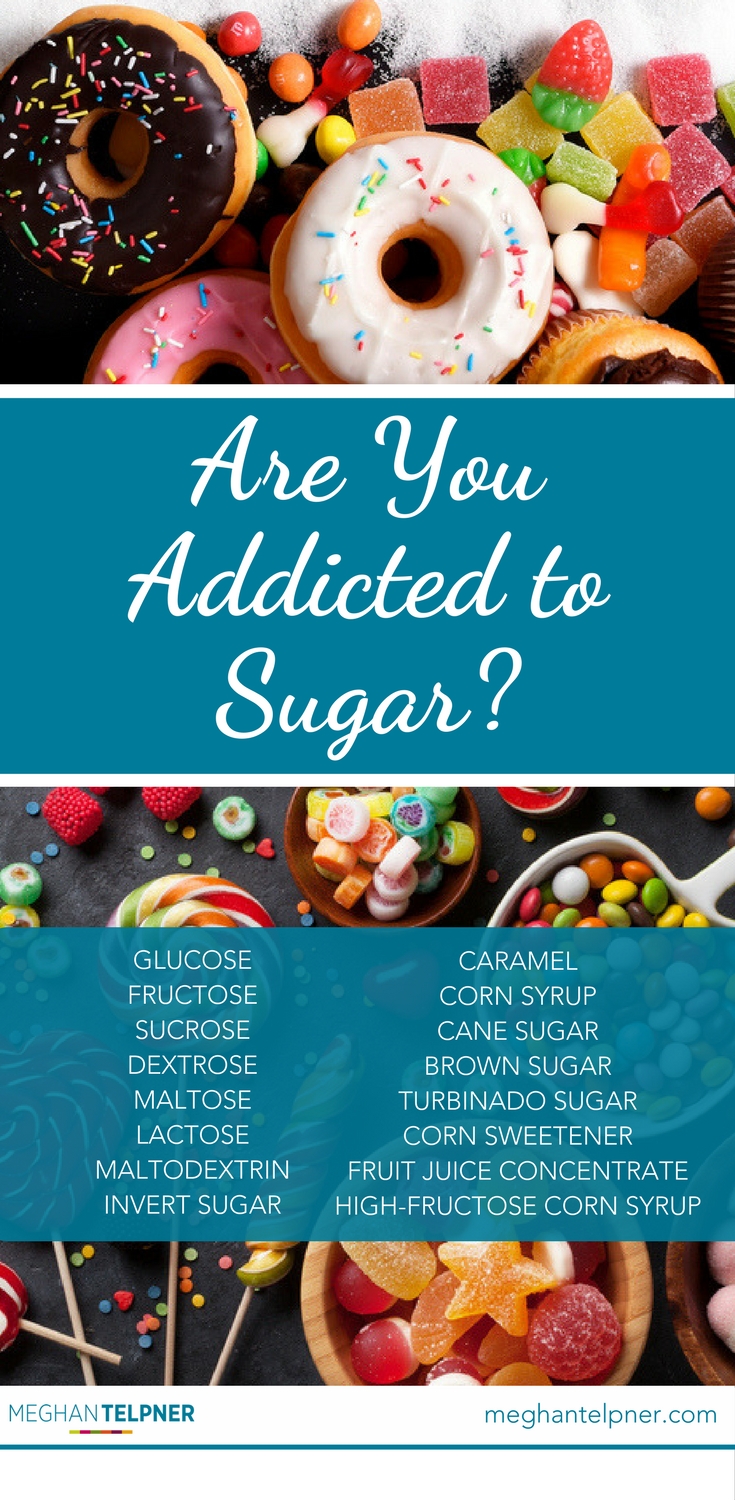
Free Resource Library
Enjoy more than 40 downloadable guides, recipes, and resources.















